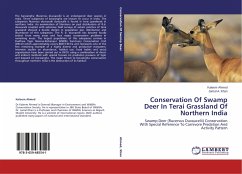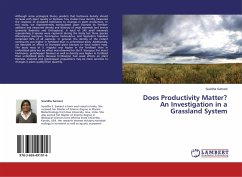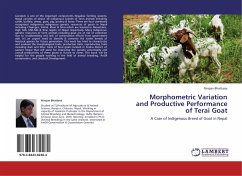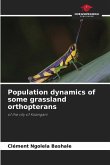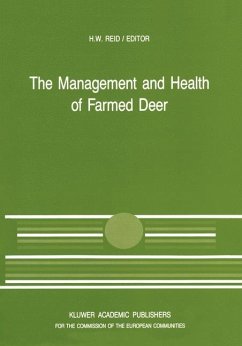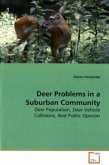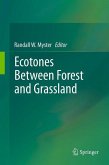The barasingha (Rucervus duvuacelii) is an endangered deer species in India. Three subspecies of barasingha are known to occur in India. The subspecies Rucervus duvuacelii duvuacelii is found in terai grasslands in northern India. An examination of literature on past distribution of R.d. duvuacelii coupled with extensive field surveys of extant patches of terai grassland showed a drastic decline in population size, distribution and abundance of this subspecies. The R. d. duvuacelii has become locally extinct from many areas and face major conservation problems in remaining areas. The largest population of this subspecies survives in Dudhwa Tiger Reserve-Kishanpur Wildlife Sanctuary Conservation Unit (DKCU) which approximately covers 88373.90 ha and represents one of the few remaining example of a highly diverse and productive ecosystem. Intensive studies on abundance, habitat use, food habits and social organization have been carried out in DKCU using a combination of direct and indirect methods with special focuses on predation pressure of tiger and leopard on barasingha. The major threat to barasingha conservation throughout northern India is the destruction of its habitat.

